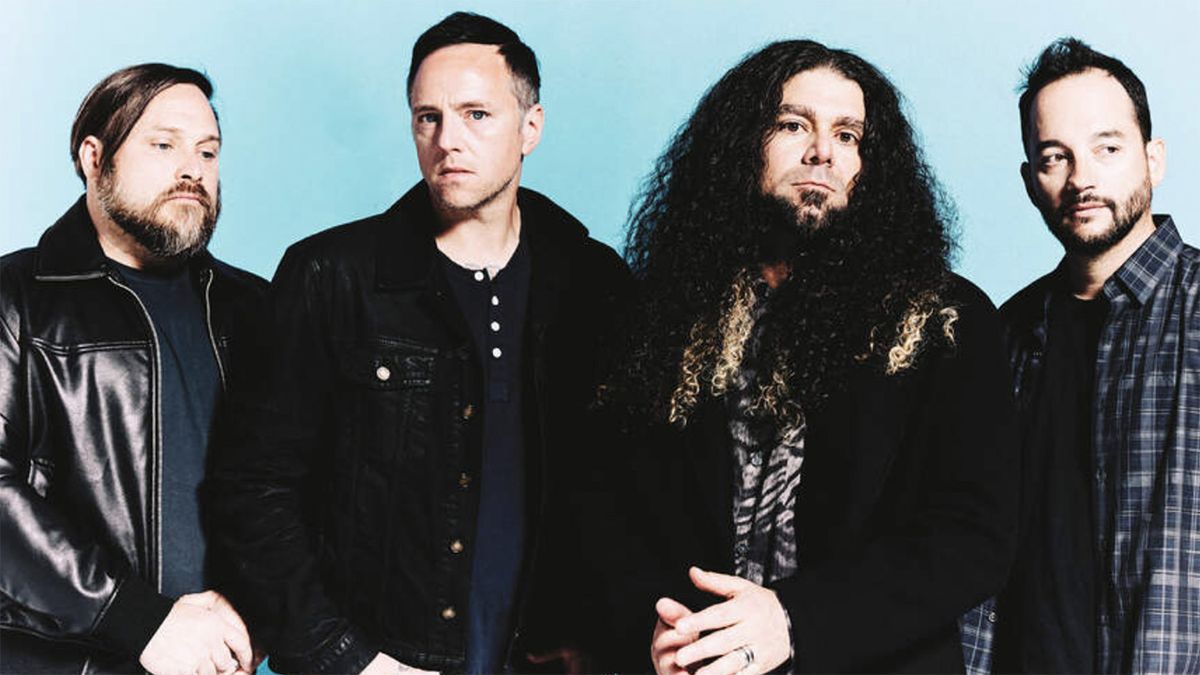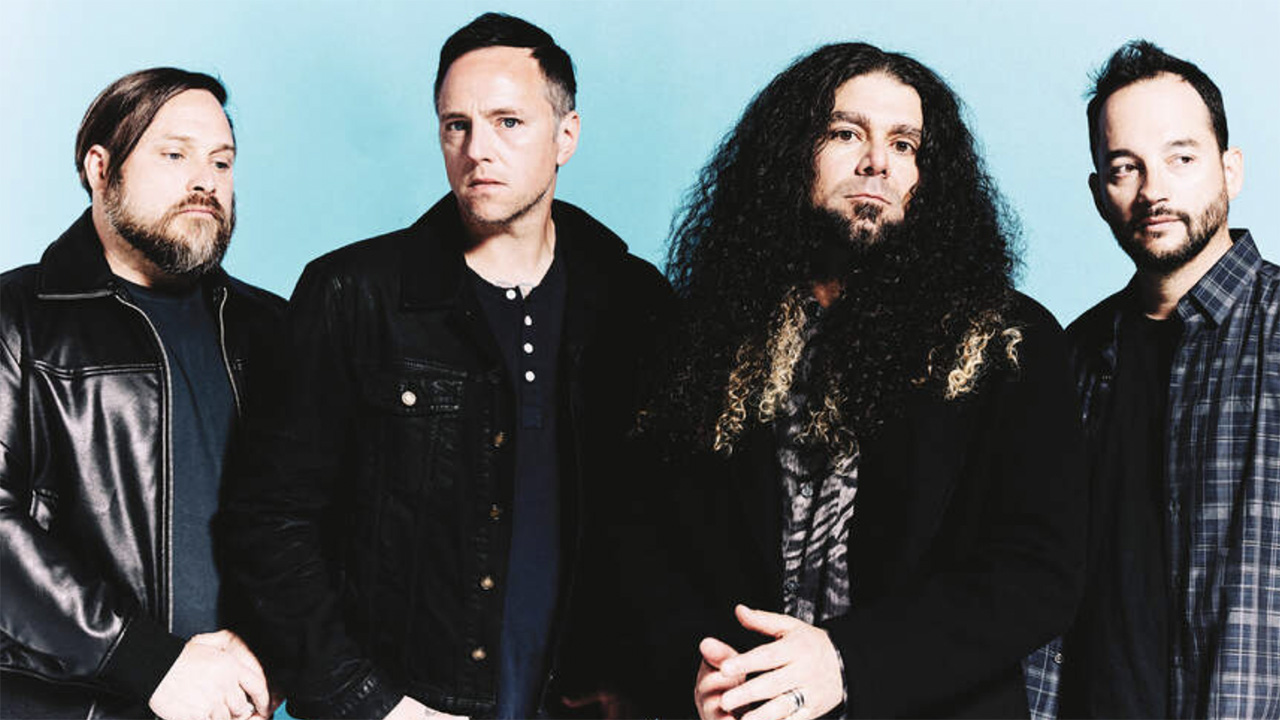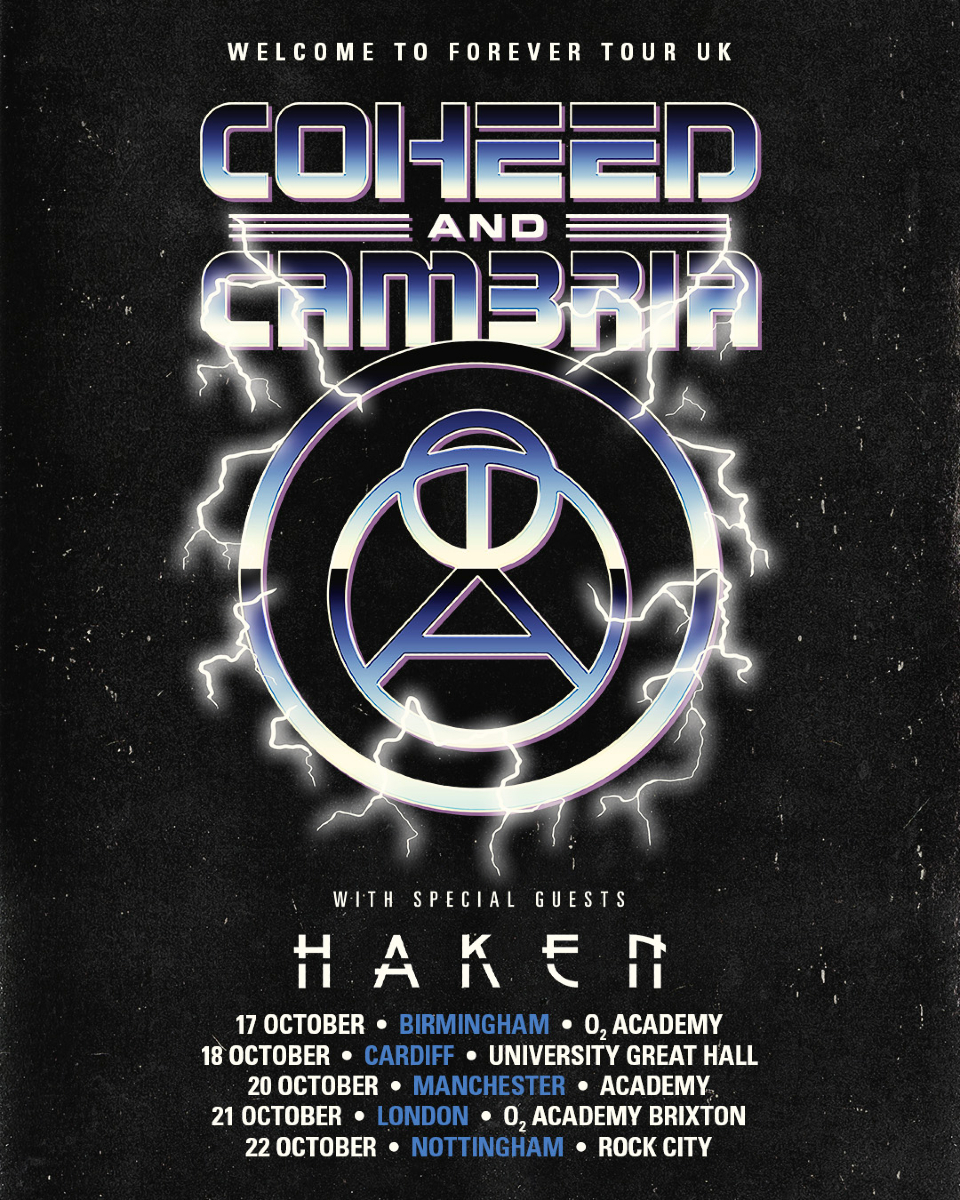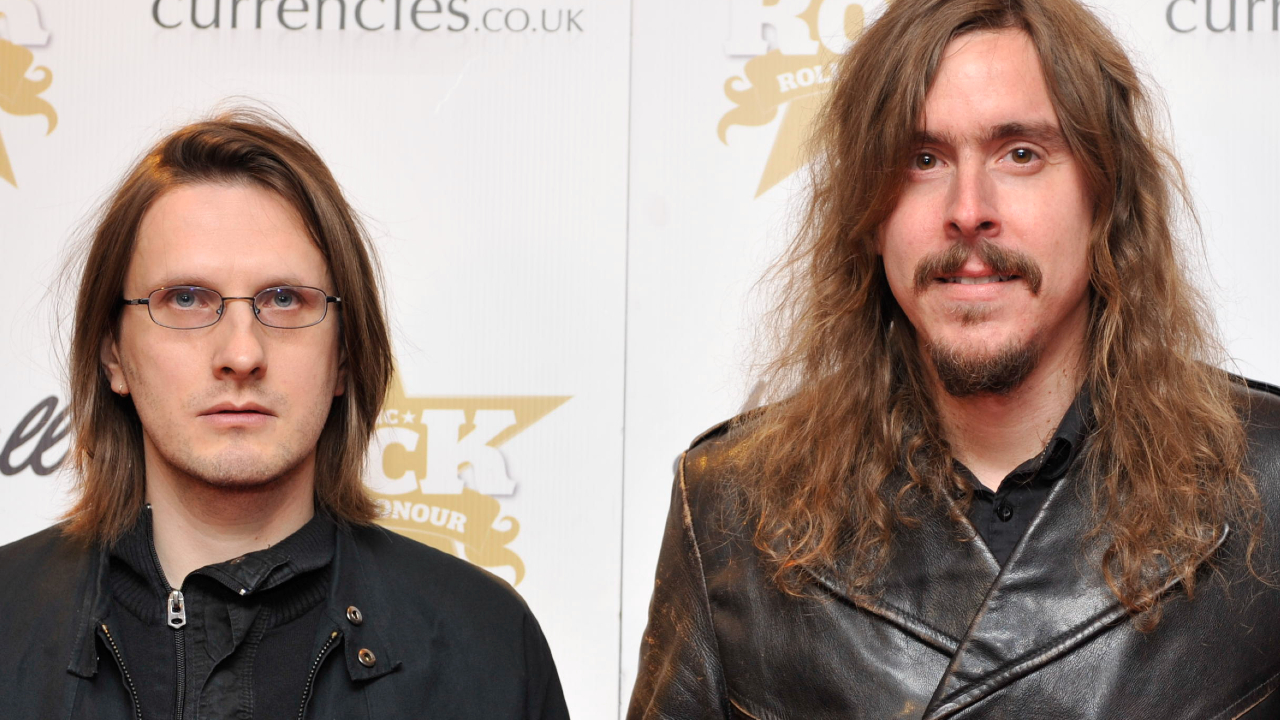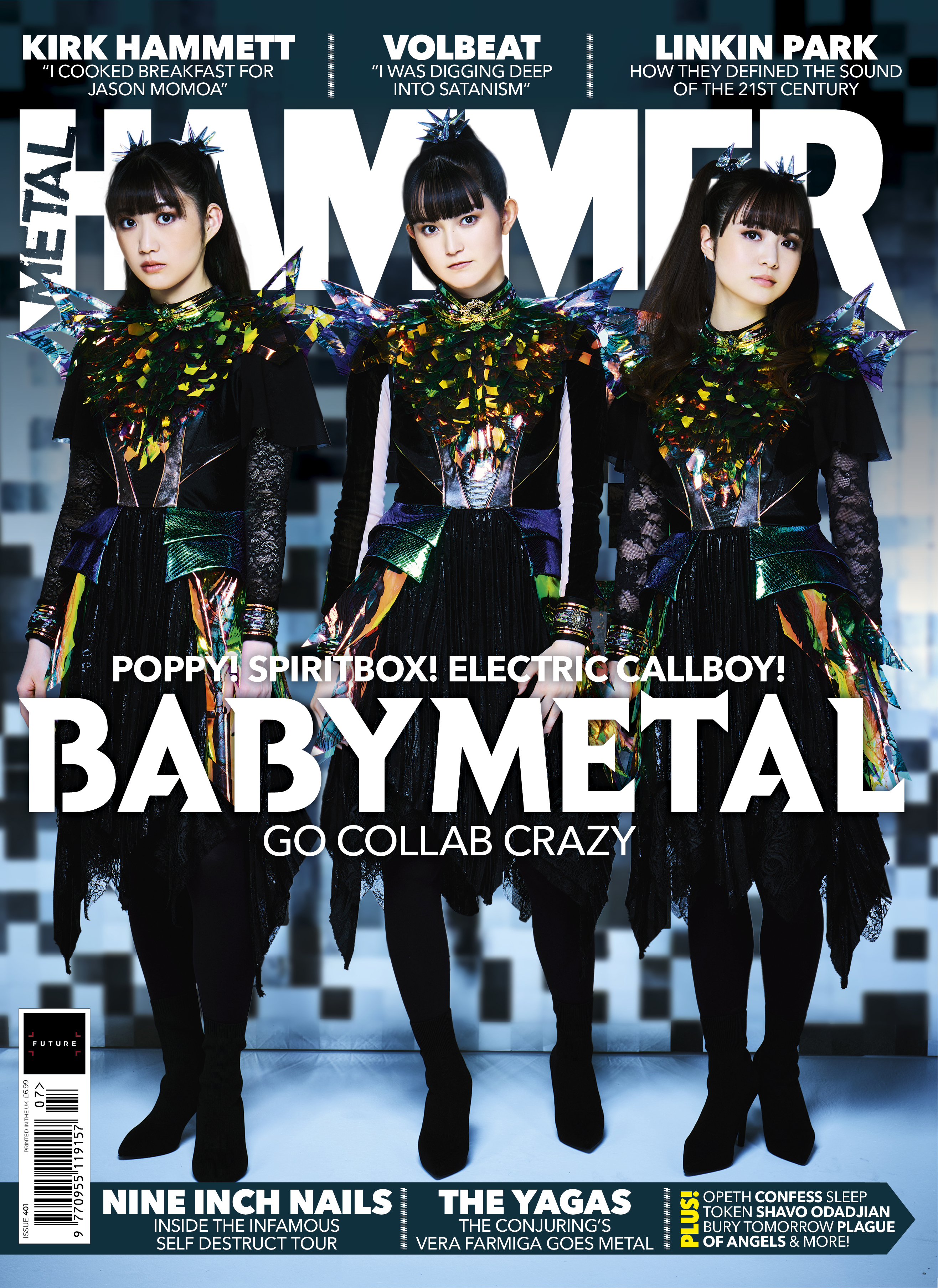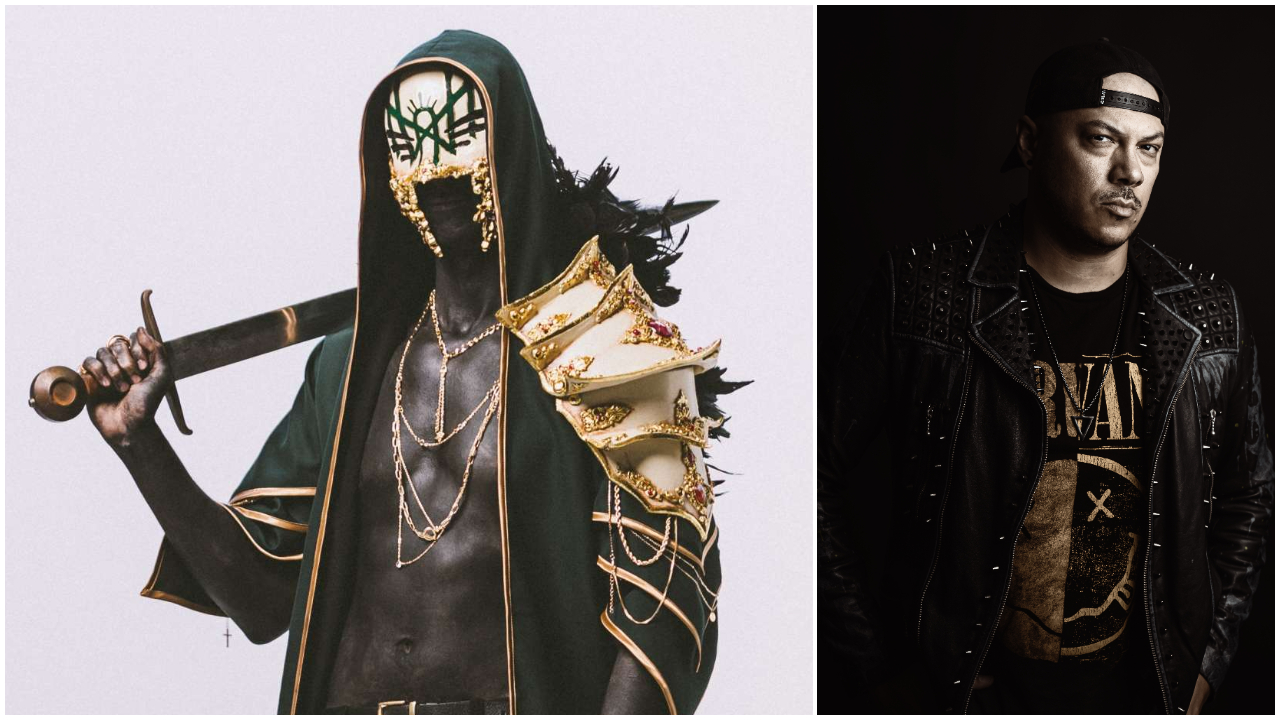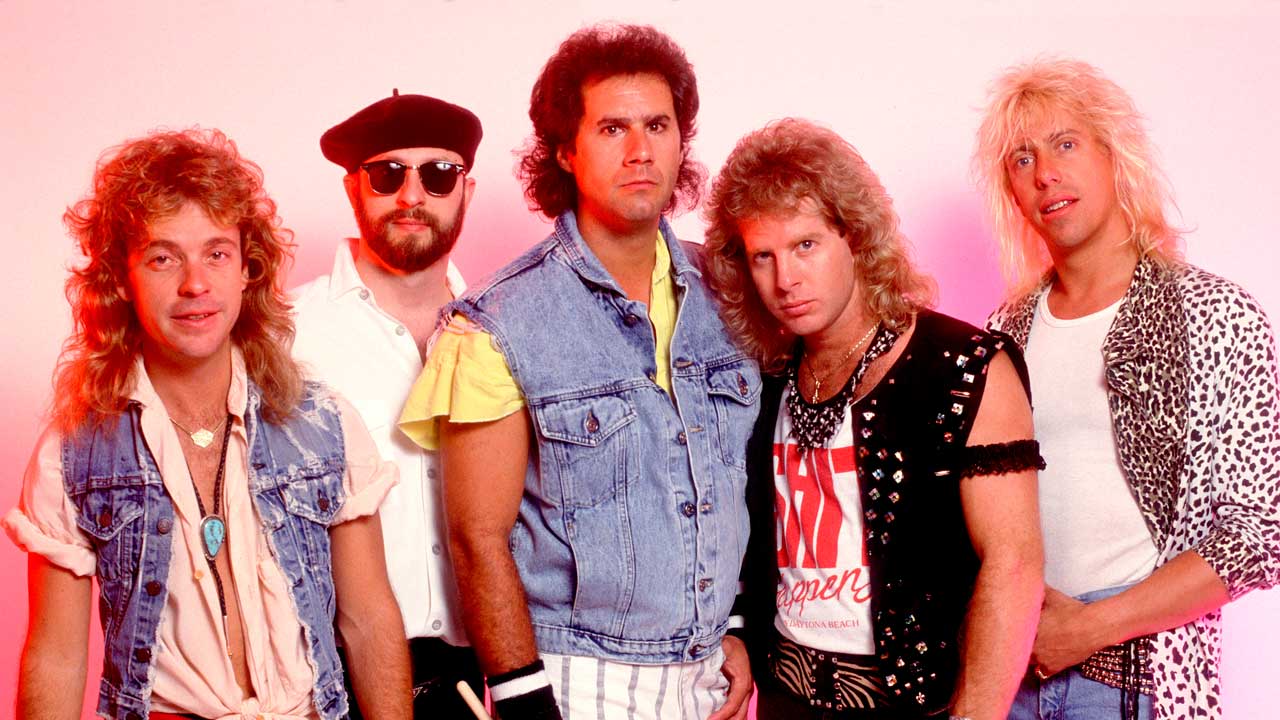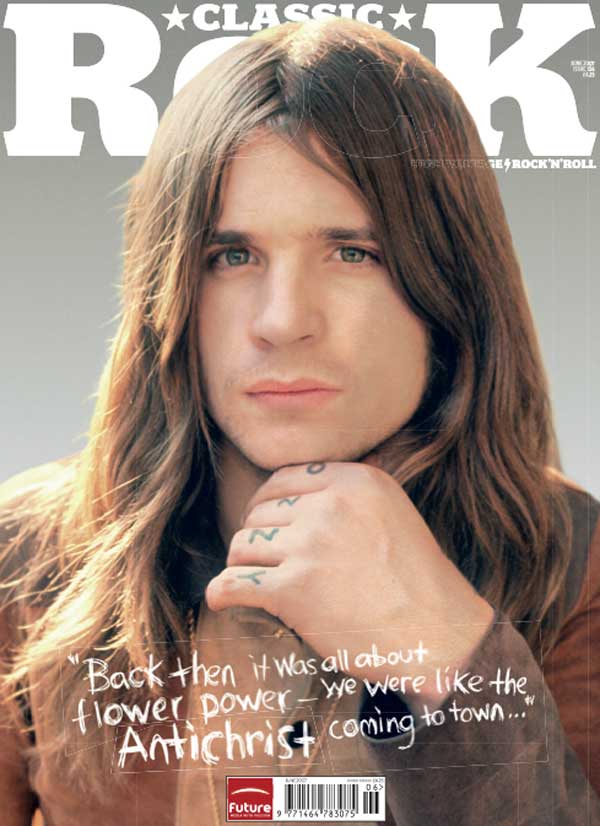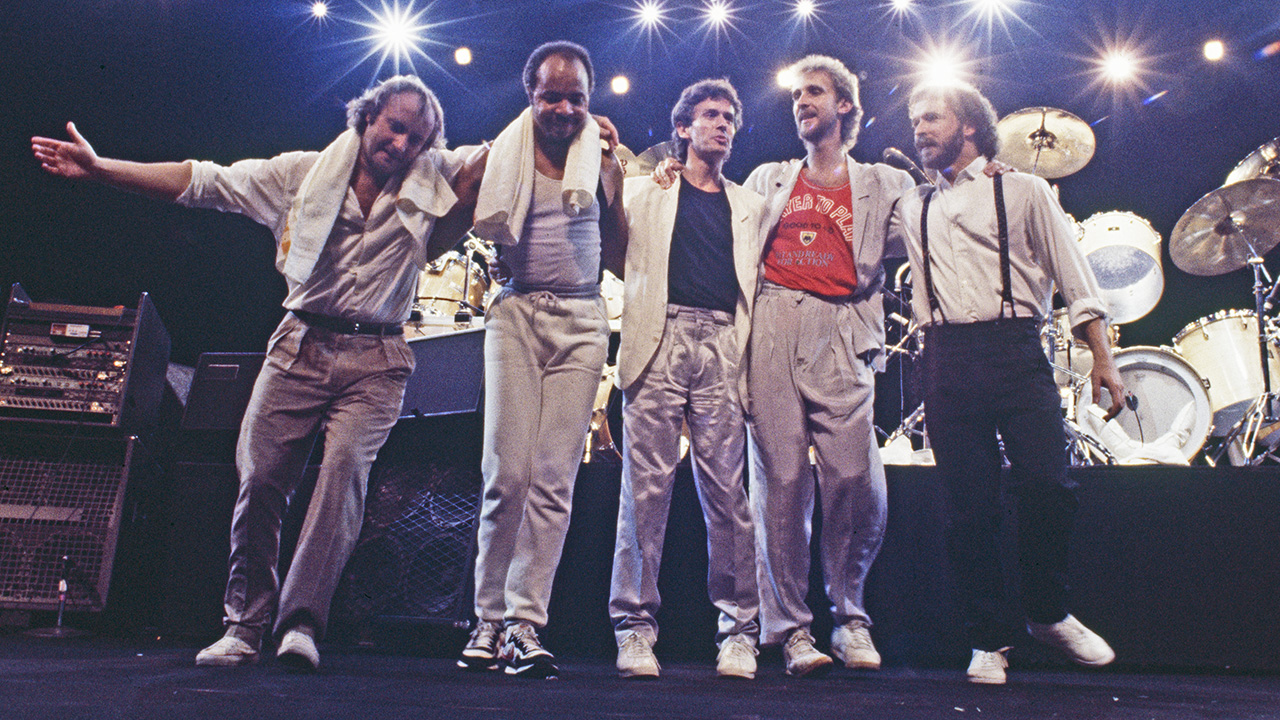
Feature Photo: erintheredmc, CC BY 2.0
Harry Styles was raised in the village of Holmes Chapel in Cheshire, England, where his natural charisma and early love for music were evident from a young age. As a teenager, he became the lead singer of the band White Eskimo, which gave him foundational experience performing in local venues. His path to stardom took a major turn in 2010 when he auditioned for The X Factor, originally as a solo contestant. Though he didn’t make it past the initial stage individually, he was brought back by the judges to form a group with four other contestants—Niall Horan, Zayn Malik, Liam Payne, and Louis Tomlinson. The result was One Direction, a group that would go on to become one of the biggest pop phenomena of the decade.
During their five-year run, One Direction released five studio albums: Up All Night (2011), Take Me Home (2012), Midnight Memories (2013), Four (2014), and Made in the A.M. (2015). The group sold millions of records worldwide, topping charts in multiple countries and spawning hit singles such as “What Makes You Beautiful,” “Story of My Life,” and “Drag Me Down.” Styles was widely recognized as a key creative contributor to the group’s sound, particularly as they shifted toward a more rock-leaning direction in their later albums. When the group went on hiatus in 2016, Styles transitioned to a solo career, determined to prove his artistic identity beyond the boy band image.
In 2017, he released his self-titled debut album Harry Styles, which showcased a blend of classic rock, folk, and glam influences. The album debuted at number one in several countries, including the U.S. and the U.K., and included the hit single “Sign of the Times,” a sweeping ballad that revealed his ambition to reach beyond radio-ready pop formulas. Critics praised the record for its boldness and sincerity, and it established him as a solo artist with serious intent and range. He followed the album with a sold-out world tour that highlighted his magnetic stage presence and connection with fans.
Styles expanded on that foundation with his second studio album Fine Line in 2019. The album was both a commercial and critical triumph, debuting at number one on the Billboard 200 and becoming one of the best-selling albums of the year. Singles like “Adore You,” “Golden,” “Watermelon Sugar,” and “Falling” balanced sonic experimentation with emotional vulnerability. “Watermelon Sugar” earned Styles his first Grammy Award in 2021 for Best Pop Solo Performance, and the album as a whole was hailed as a defining statement in his post-band evolution. Fine Line cemented his reputation as a bold risk-taker who could blend pop with psychedelia, funk, and classic rock.
In 2022, Styles released his third studio album, Harry’s House, which marked yet another creative shift. Incorporating synth-pop and intimate storytelling, the album debuted at number one in over 25 countries and earned widespread acclaim. The lead single “As It Was” broke multiple records, including a 15-week reign atop the Billboard Hot 100, making it one of the longest-running number one singles in chart history. The track also won the 2023 Grammy Award for Best Pop Solo Performance, and the album received the Grammy for Album of the Year—an acknowledgment of his artistic growth and commercial power.
Over the course of his solo career, Styles has received numerous awards, including multiple Brit Awards, American Music Awards, MTV Video Music Awards, and iHeartRadio Music Awards. His accolades recognize not only his musical achievements but also his influence on culture and fashion. His willingness to defy gender norms—often appearing in lace, pearls, or dresses—has made him a boundary-breaking figure in an industry that often clings to safe images. In 2020, he became the first solo male artist to appear on the cover of Vogue, sparking both praise and debate for his gender-fluid fashion sense.
Styles has also pursued acting, expanding his creative repertoire into film. He made his feature film debut in Christopher Nolan’s Dunkirk (2017), portraying a British soldier during World War II. His performance received favorable reviews and showed that his screen presence translated beyond the stage. In 2022, he starred in two major films: Don’t Worry Darling, directed by Olivia Wilde, and My Policeman, where he played a closeted gay police officer in 1950s England. These roles demonstrated his willingness to take on complex characters and challenge expectations of pop stars transitioning to acting.
Outside of music and film, Styles has made his mark through philanthropy and activism. He has supported a range of causes, including mental health awareness, LGBTQ+ rights, and anti-racism initiatives. On tour, he frequently uses his platform to promote kindness, inclusivity, and self-expression, often reinforcing these messages through his stage banter, merchandise, and charitable donations. His “Treat People With Kindness” slogan has become more than just a catchphrase—it’s a guiding principle of his public persona.
Styles launched his own beauty brand, Pleasing, in 2021, offering nail polishes, skincare products, and apparel that promote gender-neutral beauty standards. The brand reflects his long-standing interest in fashion and identity, and it serves as a creative outlet that aligns with his values of self-expression and inclusivity. Through Pleasing, he’s become part of a new wave of artists who are blurring the lines between music, fashion, and lifestyle.
Throughout his career, Styles has been a fixture on global stages, performing in sold-out arenas and headlining major festivals. His Love On Tour, which spanned from 2021 to 2023, became one of the highest-grossing tours of all time, with millions attending across continents. His ability to maintain an intimate connection with fans—even in stadium settings—underscores why he continues to be so beloved in the music world. He’s managed to evolve his sound and aesthetic without losing the core of what made audiences fall in love with him from the start: honesty, charisma, and a deep connection to storytelling through song.
Styles’ evolution has not been without its critics, but what separates him is his unwavering commitment to authenticity. He’s not afraid to change, take risks, or challenge norms—and that fearless approach is what has earned him the respect of peers and industry veterans alike. While his roots may lie in the assembly-line pop of a reality TV group, his solo path has been anything but manufactured. Each record has peeled back more layers, revealing an artist determined to grow, explore, and break free from the mold.
As of 2025, with three critically acclaimed solo albums, multiple award wins, record-breaking tours, and a growing filmography, Harry Styles has created a career that transcends genres and formats. His artistry blends accessibility with complexity, and his work continues to spark conversation—whether about music, identity, or the evolving definition of masculinity in pop culture. He has built a legacy rooted not in nostalgia for his boy band past, but in his bold redefinition of what a modern pop artist can be.
Complete List Of Harry Styles Songs From A to Z
- Adore You – Fine Line – 2019
- As It Was – Harry’s House – 2022
- Boyfriends – Harry’s House – 2022
- Canyon Moon – Fine Line – 2019
- Carolina – Harry Styles – 2017
- Cherry – Fine Line – 2019
- Cinema – Harry’s House – 2022
- Daydreaming – Harry’s House – 2022
- Daylight – Harry’s House – 2022
- Ever Since New York – Harry Styles – 2017
- Falling – Fine Line – 2019
- Fine Line – Fine Line – 2019
- From the Dining Table – Harry Styles – 2017
- Golden – Fine Line – 2019
- Grapejuice – Harry’s House – 2022
- Keep Driving – Harry’s House – 2022
- Kiwi – Harry Styles – 2017
- Late Night Talking – Harry’s House – 2022
- Lights Up – Fine Line – 2019
- Little Freak – Harry’s House – 2022
- Love of My Life – Harry’s House – 2022
- Matilda – Harry’s House – 2022
- Meet Me in the Hallway – Harry Styles – 2017
- Music for a Sushi Restaurant – Harry’s House – 2022
- Only Angel – Harry Styles – 2017
- Satellite – Harry’s House – 2022
- She – Fine Line – 2019
- Sign of the Times – Harry Styles – 2017
- Sunflower, Vol. 6 – Fine Line – 2019
- Sweet Creature – Harry Styles – 2017
- To Be So Lonely – Fine Line – 2019
- Treat People with Kindness – Fine Line – 2019
- Two Ghosts – Harry Styles – 2017
- Watermelon Sugar – Fine Line – 2019
- Woman – Harry Styles – 2017
Albums
Harry Styles (2017): 10 songs
Fine Line (2019): 12 songs
Harry’s House (2022): 13 songs
Check out our fantastic and entertaining Harry Styles articles, detailing in-depth the band’s albums, songs, band members, and more…all on ClassicRockHistory.com
Ultimate Harry Styles Page
Top 10 Harry Styles Love Songs
Real Meanings Behind The Songs On Harry Styles Fine Line Album
Real Meanings Behind The Songs On Harry Styles Debut Album
Complete List Of Harry Styles Albums And Discography
Top 10 Harry Styles Songs
Harry Style’s ‘Harrys’ House’ Album Song Meanings
Read More: Artists’ Interviews Directory At ClassicRockHistory.com
Read More: Classic Rock Bands List And Directory
Complete List Of Harry Styles Songs From A to Z article published on ClassicRockHistory.com© 2025


